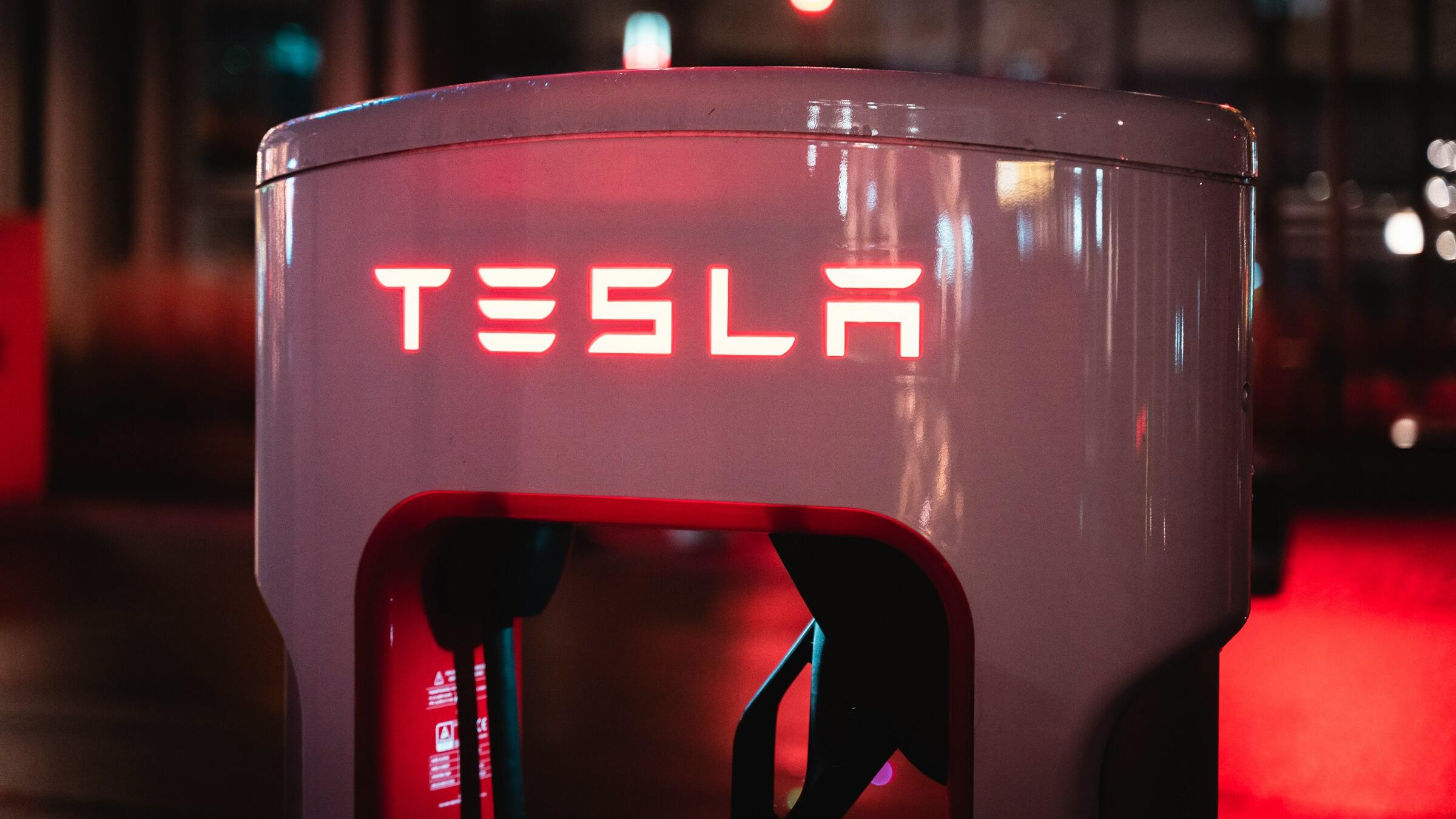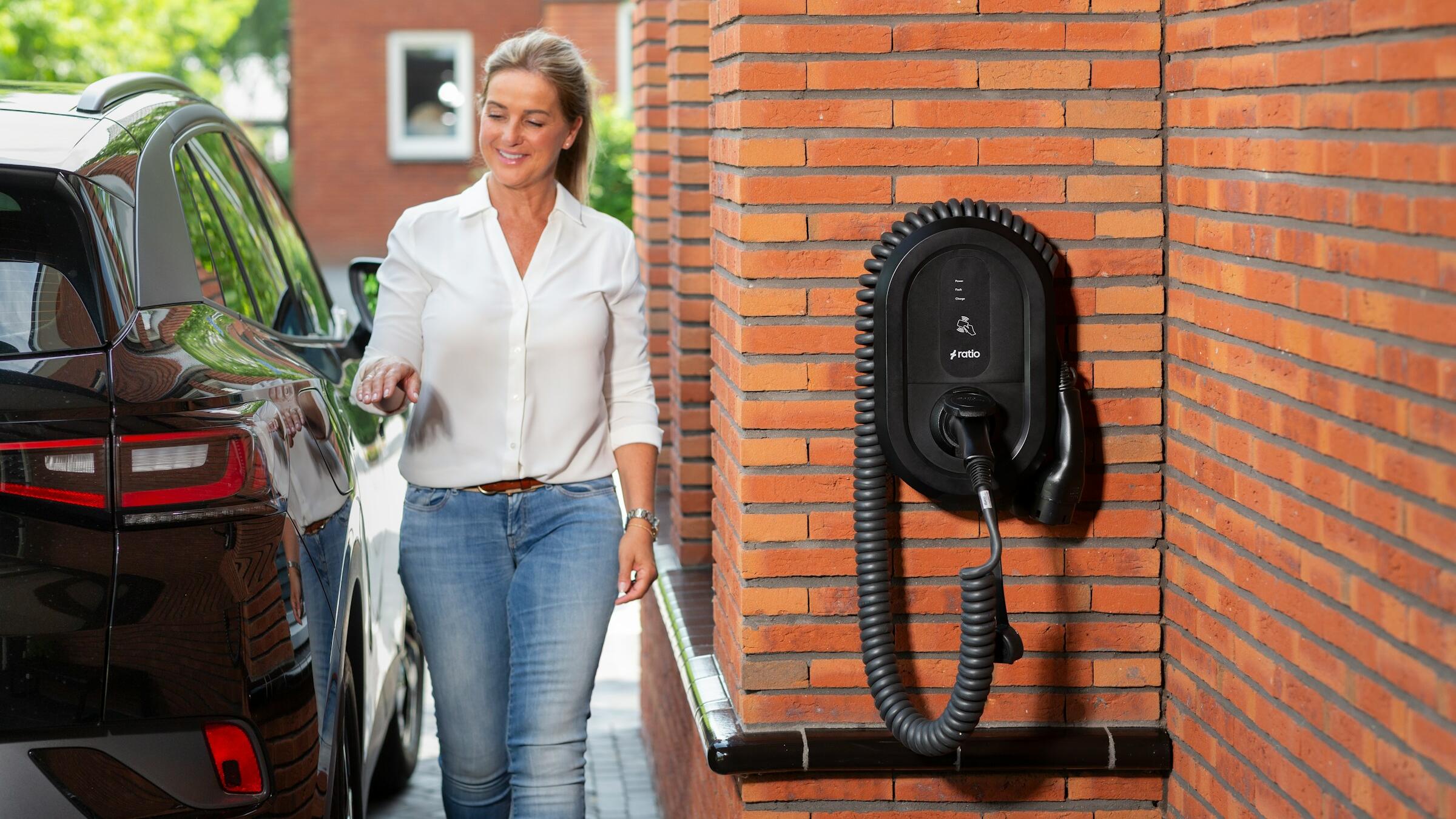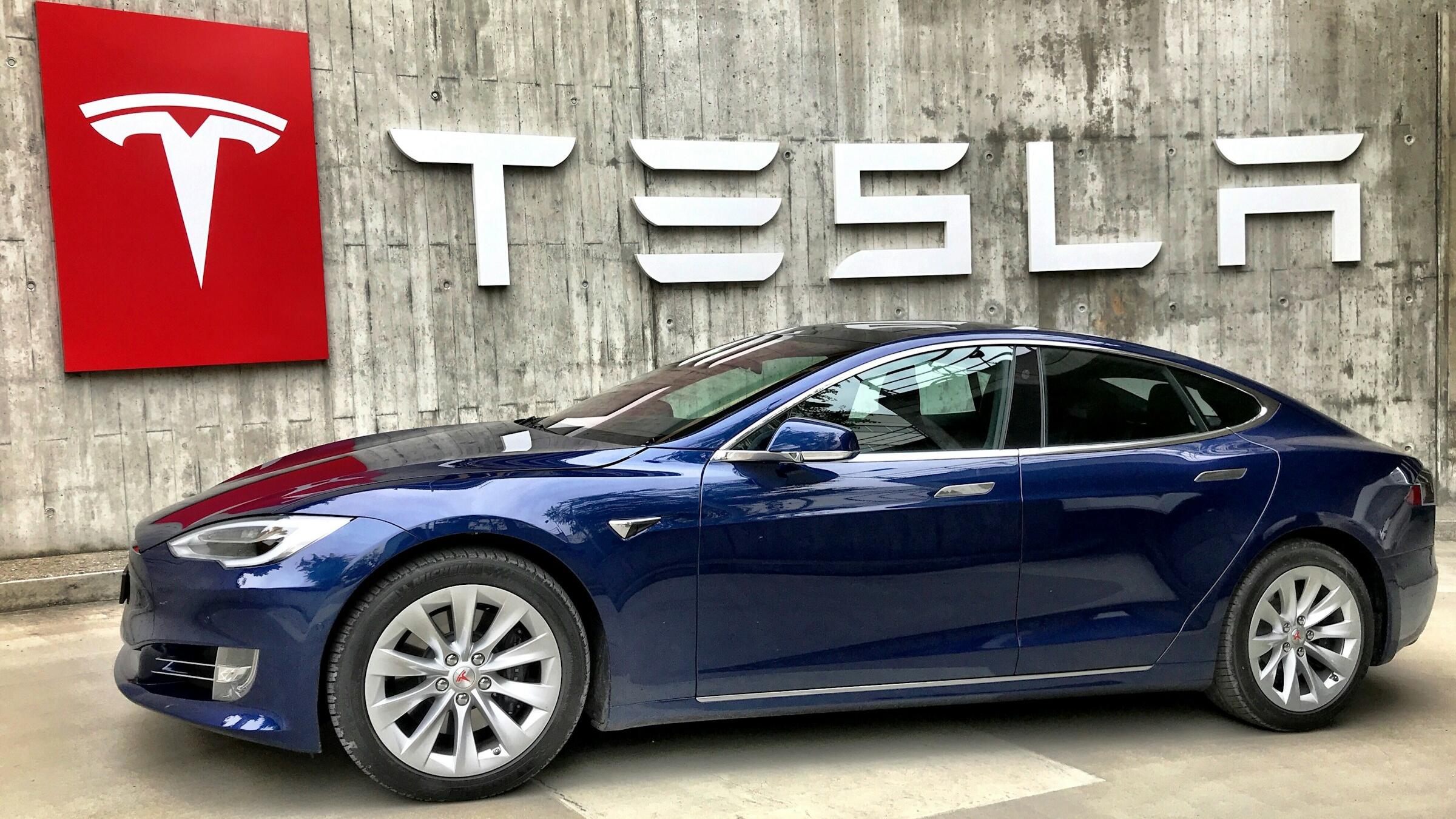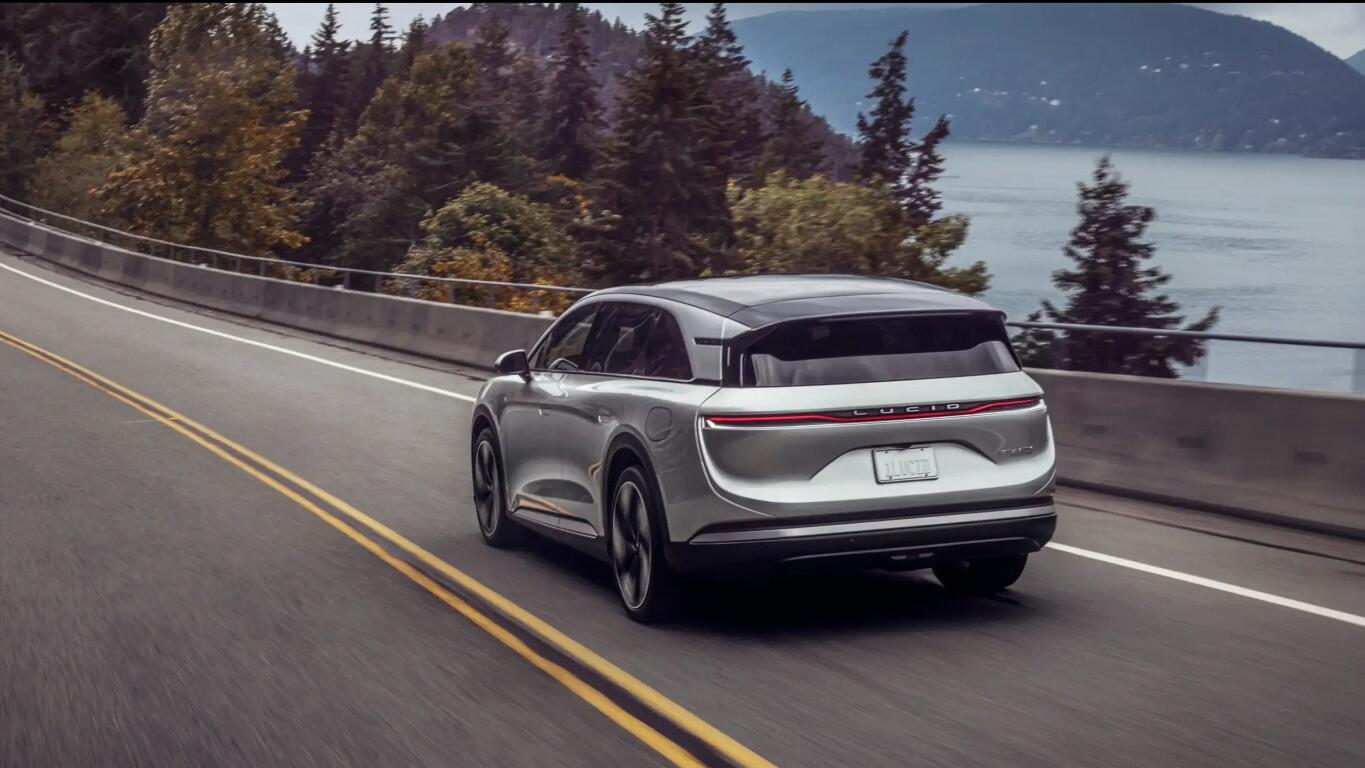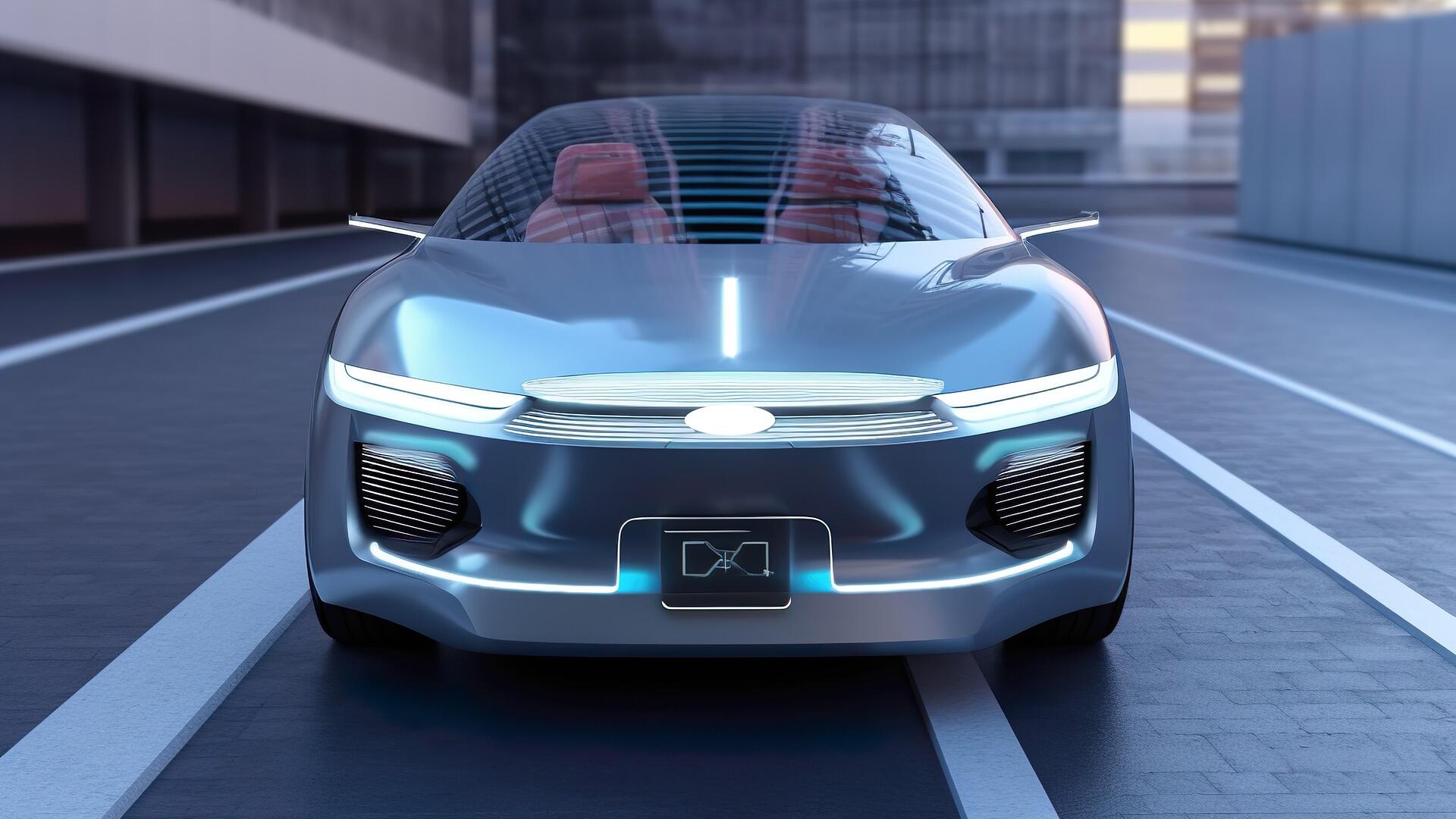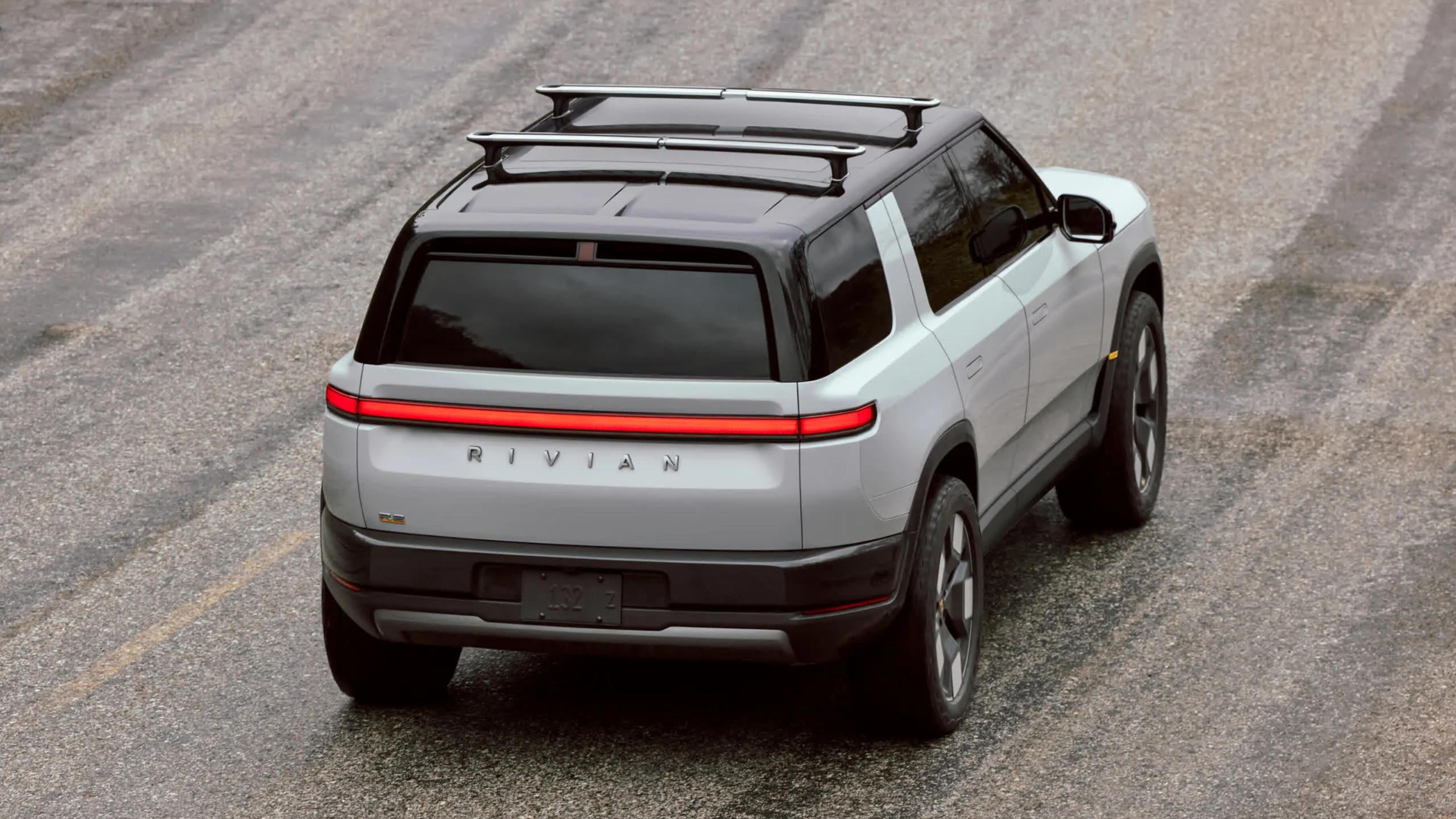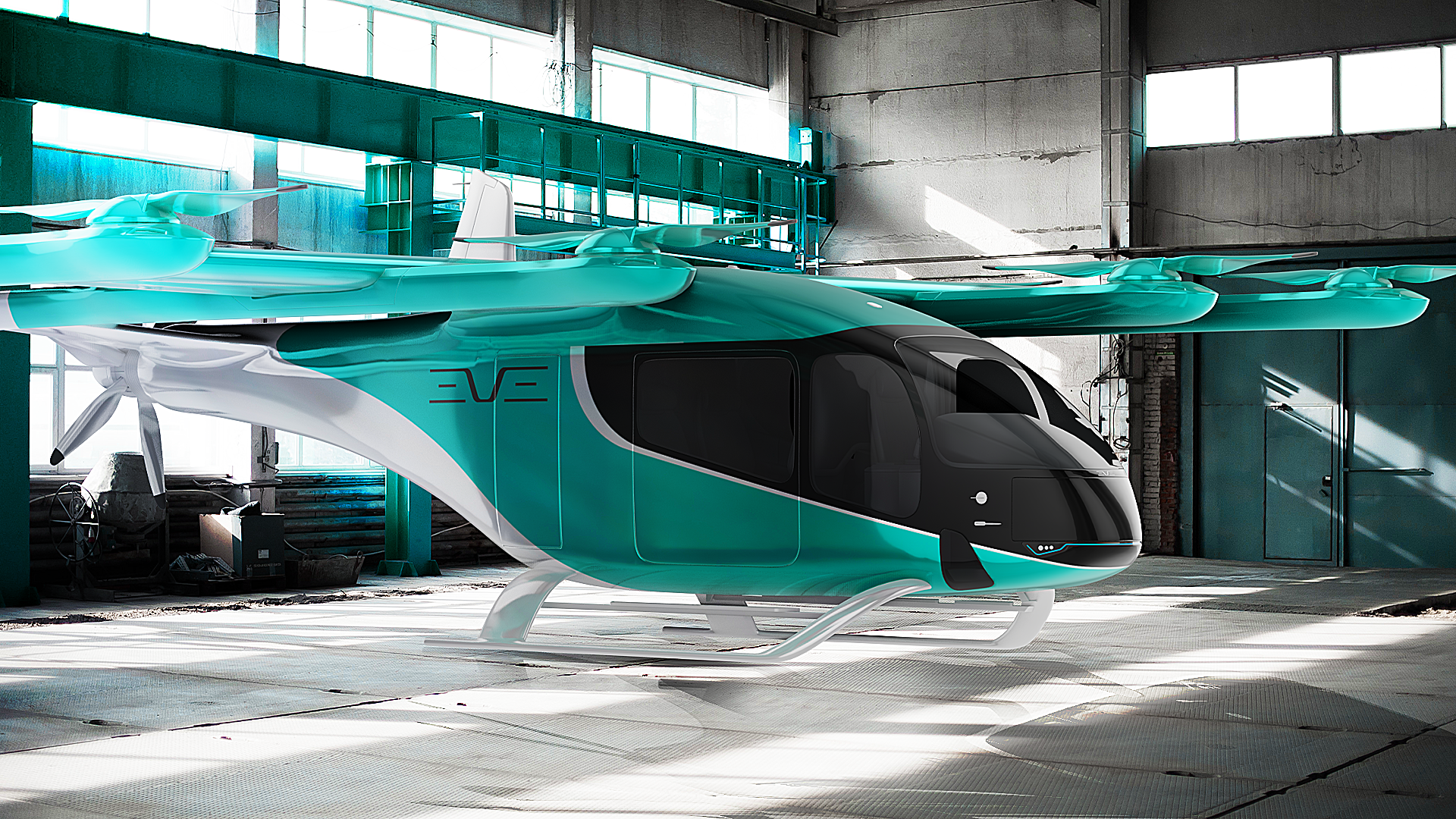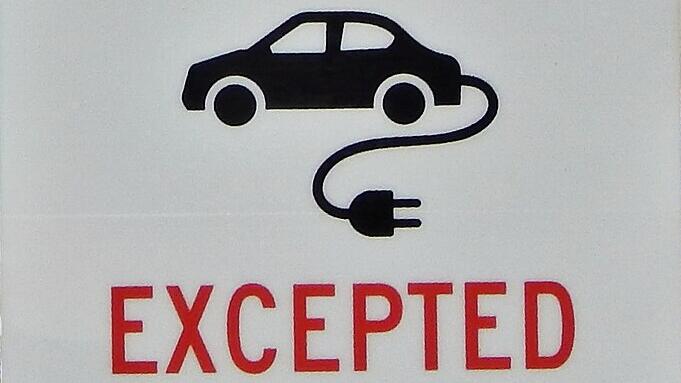
EV sales overtake petrol cars for first time

Electric vehicle sales have outpaced petrol car sales for the first time in Europe. A new report from the European Automobile Manufacturers’ Association (ACEA) found that completely electric vehicles had sold more than completely petrol ones in the European Union in December of last year. Battery electric vehicles (BEVs) crept in past petrol vehicles at 22.6% and 22.5% respectively. However, hybrids remain the most dominant option, comprising over 33% of the EU market in the same month. For the entirety of 2025, BEVs accounted for 17.4%, while petrol and diesel cars fell to 35.5%, down from 45.2% in 2024.
